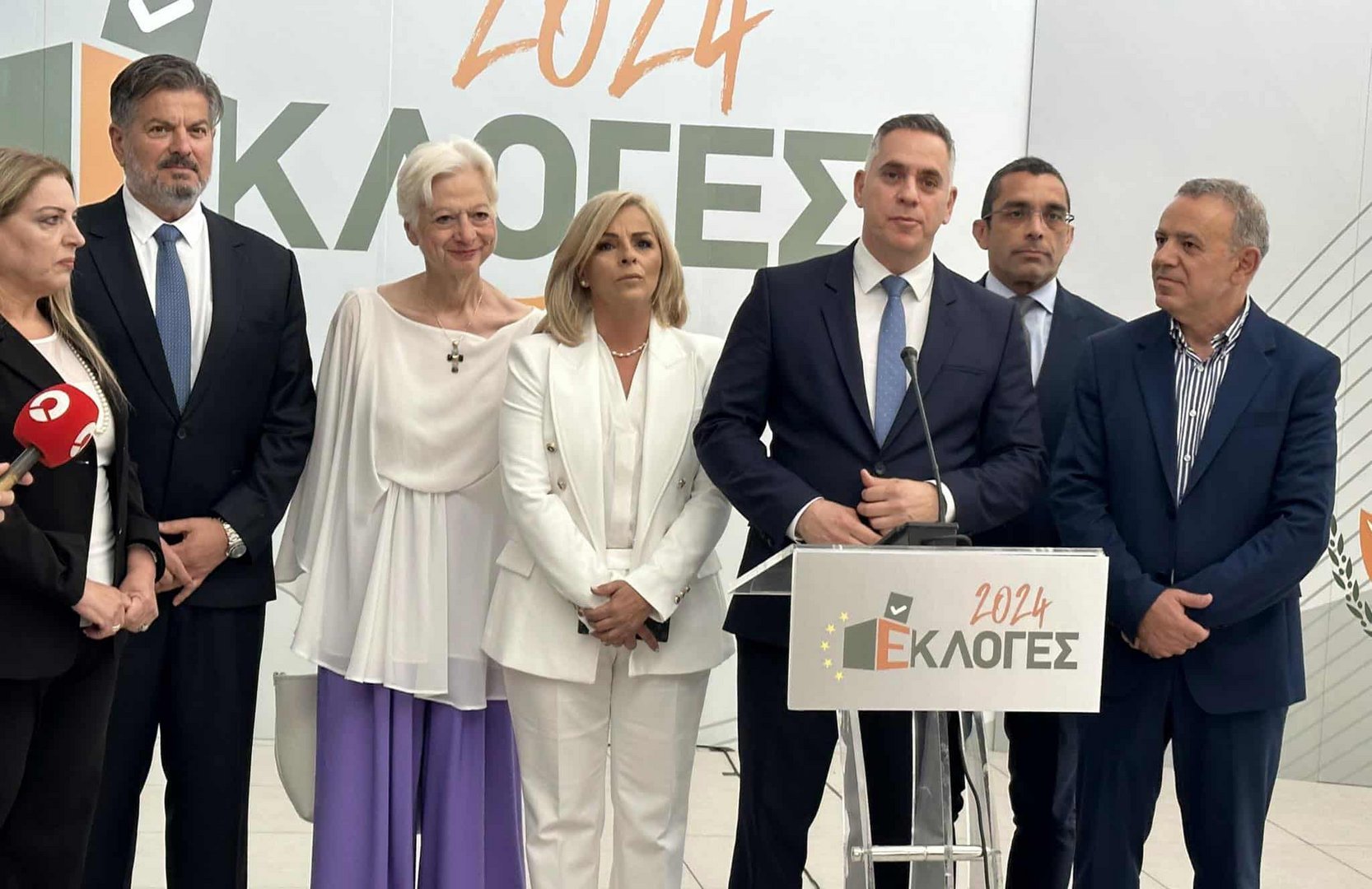The biggest losers of Sunday’s elections for the European parliament were the parties of the so-called ‘centre’ – Diko, Edek and Dipa – which saw their total support almost halved since 2019, when, cumulatively, they took 30 per cent of the vote. On Sunday, total support for the three parties was 17 per cent, 2.3 percentage points below the share of the vote taken by Fidias Panayiotou.
These three parties were in the alliance that backed Nikos Christodoulides in last year’s presidential elections and could have expected their shares to have gone up as part of the government. Some have argued that their poor showing was a reflection of the president’s low approval rating after 15 months in office. Could they have been punished by voters for the president’s performance, or perhaps for not securing an adequate share of the spoils of power from him?
Now, after such disappointing results they will have even less influence over the decisions of the president. Christodoulides will be less concerned about the three parties than his own failure to help three Disy candidates, who had defied their party to support him last year, win on Sunday. Nicos Tornaritis was decisively beaten for the Nicosia mayorship, Andreas Papacharalambous for the Strovolos mayorship and Costakis Constantinou for Paphos district governor.
All three were punished for their lack of loyalty to the party by Disy voters. This was also an indication that any influence the president may have had over a section of the Disy voters has faded. New leader Annita Demetriou appears to have done a good job uniting the party after the fallout of the presidential elections, a success that was illustrated by Sunday’s results. She now has until the next parliamentary elections to consolidate her position.
If only things could be so easy for the respective leaderships of the three pro-government parties. The problem for Diko, Edek and Dipa, however, is that they now stand for nothing. For years, they were the hardline parties on the Cyprus problem, posing as the defenders of the national interest and routinely opposing talks and settlement initiatives. With the Cyprus problem no longer on the public agenda, these parties have nothing to offer voters. They have no constructive proposals to make, they have no ideas about the economy, education or anything else.
They have no political identity – in contrast to Akel, Disy, the Greens and Elam – now that they do not have the Cyprus problem to take a tough stand on. Their strength will further diminish in the next parliamentary election if they do not find a new identity for themselves and merely remain as the personal political vehicles of their respective leaders.






Click here to change your cookie preferences